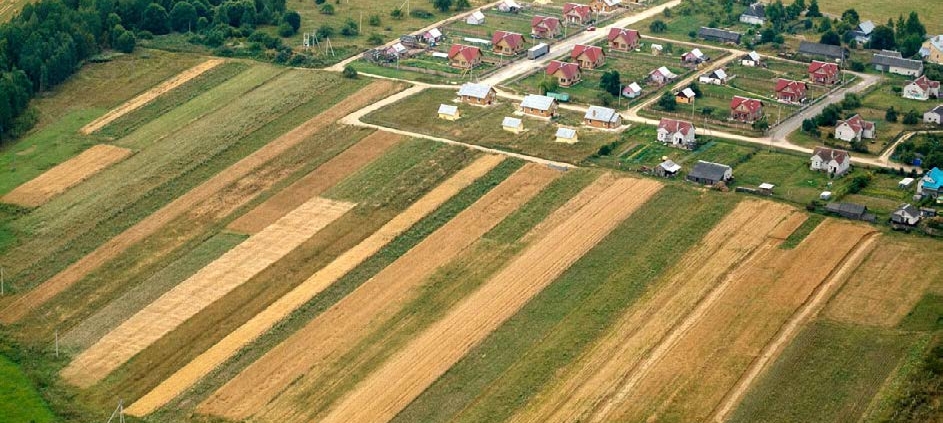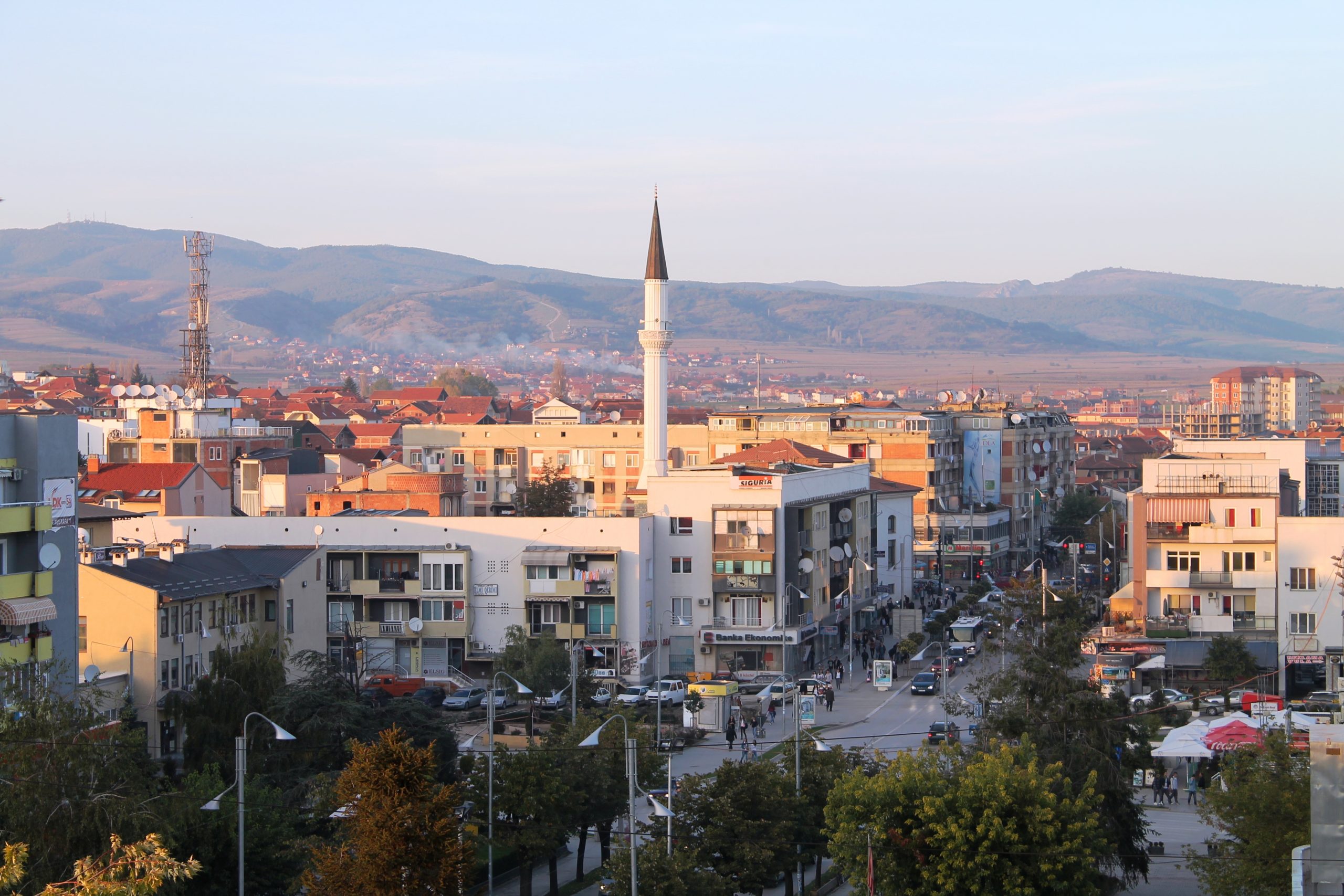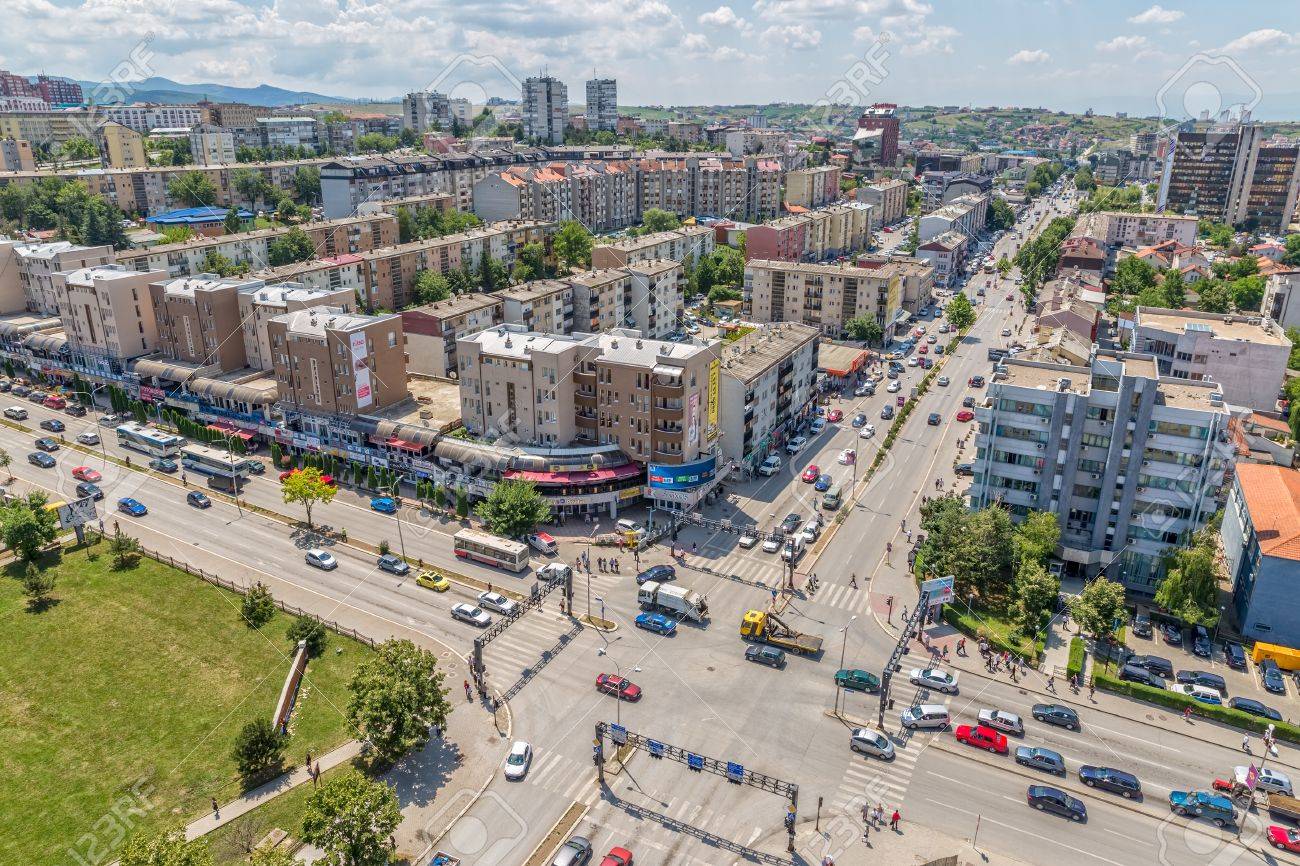SMART CITY KOSOVA
Over the past two decades, Kosovo has undergone one of the most rapid urban transitions in the region, shaped by post-war reconstruction, demographic shifts, and unregulated growth. This expansion, while dynamic, has often occurred outside coherent planning. Cities and towns across the country have experienced ad-hoc construction and uncontrolled expansion, driven more by capital flows and private investment than by public interest or long-term frameworks. The result has been serious spatial and socio-environmental challenges. Pressure on natural resources and biodiversity has intensified, while green areas have been reduced or fragmented. Public services struggle to meet demand, and infrastructure remains inadequate in many areas. The sharp increase in private vehicles has outpaced the development of road and transport systems, producing congestion, inefficiency, and unsafe conditions. Housing construction has boomed, yet around 40% of new units remain unoccupied. Much of this development lacks architectural quality and urban identity, with limited inclusivity or access to infrastructure. Meanwhile, gated communities and upscale neighborhoods deepen inequality, and industrial zones expand without sufficient environmental foresight. Municipalities have responded with new spatial plans and zoning maps, but these efforts remain fragmented, weakly enforced, and under-resourced. Against this backdrop, the National Smart City Initiative for Kosovo emerges as a strategic response to an unsustainable trajectory. It represents a shift from reactive urban management to proactive, data-driven, and citizen-centered transformation. By integrating digital technologies, environmental stewardship, inclusive governance, and spatial intelligence, the initiative seeks to reimagine Kosovo’s urban future—making cities more efficient, livable, inclusive, and resilient. It calls for rethinking how we plan, build, and manage urban environments, from the street level to the regional scale. At its core, the initiative aims to empower municipalities, engage communities, and connect sectors in creating cities that are smart not only in technology but also in equity, mobility, sustainability, and quality of life.
Smart City Kosova is therefore a landmark national initiative led by UBT (Kosovo) in partnership with TU Wien, ETH Zurich, HafenCity University, and Mimar Sinan Fine Arts University, supported by over 20 academic and industry experts. It develops Kosovo’s National Strategy for Smart and Sustainable Urban Development and tailored strategies for seven municipalities: Prishtina, Prizren, Ferizaj, Peja, Gjilan, Vushtrri, and Lipjan. Covering 30% of territory and 45% of the population, the project addresses local needs while advancing national goals.
10 PILLARS OF THE PROSPECT NATION-WIDE STRATEGY
The 10 pillars of the initiative include smart governance, digital infrastructure and digitalized public services; smart economy, circular innovation and Industry 4.0; smart energy, utilities and green transition; climate resilience, nature-based solutions and green urban design; sustainable mobility and smart transport systems; smart housing, livability and inclusive urban development; smart education, digital skills and youth empowerment; e-health, well-being and social care; smart culture, tourism and heritage innovation; and institutional capacity, financing and smart city governance with public participation.
TANGIBLE TARGETS
The Strategy sets clear targets: 70% digitization of municipal services and full e-governance by 2030, supported by a national geo-spatial data system and public Wi-Fi in major urban spaces by 2028. It calls for IoT sensor coverage for air and waste management and full digital transformation of archives and libraries by 2030. Economically, it will launch seven circular innovation hubs, three industrial labs, and integrate Industry 4.0 into vocational education. By 2030, 30% of public buildings will run on renewables, green space will increase by 20%, and smart waste and water systems will be operational. Urban mobility will advance through 100 km of bike lanes, a national mobility app, and re-designed SUMP plans. Smart housing pilots will provide affordable, efficient living, while digital classrooms and skills training empower youth. Health services will expand through a national e-health portal, and cultural heritage through digital mapping and tourism apps.
Key Focus Areas:
-
Smart Economy & Resource Management: Circular economy, sustainable agriculture, smart tourism, and innovation ecosystems
-
Smart Infrastructure: Digital utilities, IoT systems, and public connectivity
-
Smart Transportation & Mobility: Integrated multimodal systems, real-time traffic management, pedestrian and cycling infrastructure, and low-emission mobility solutions
-
Carbon Neutrality: Renewable energy integration and just transition models
-
Climate Resilience: Disaster risk reduction and nature-based infrastructure
-
Digital Public Services: e-Health, digital libraries, and smart cultural heritage platforms
-
Governance & Participation: Citizen engagement, multi-level governance, and transparent monitoring frameworks.This initiative aims to position Kosovo as a regional leader in smart, inclusive, and sustainable urban transformation.
This initiative aims to position Kosovo as a regional leader in smart, inclusive, and sustainable urban transformation.



